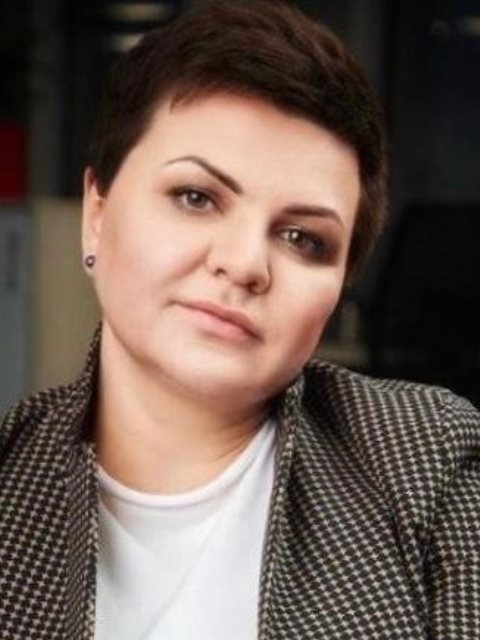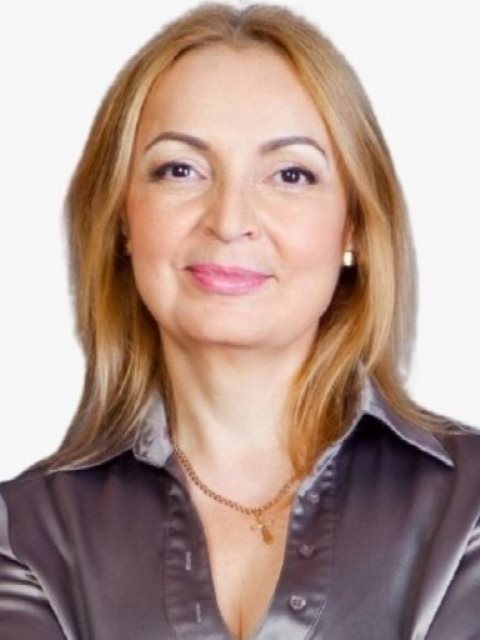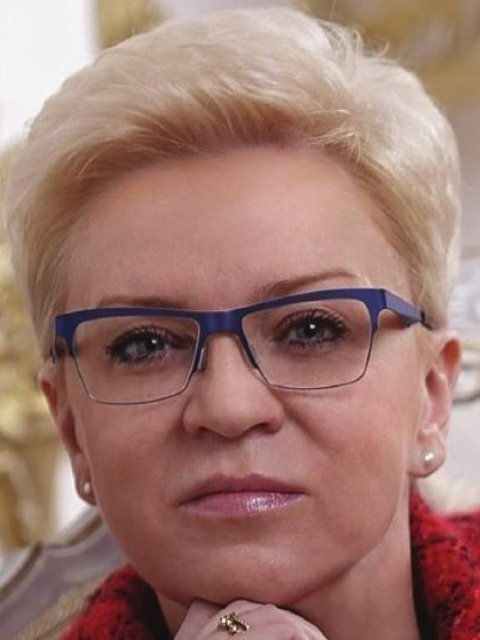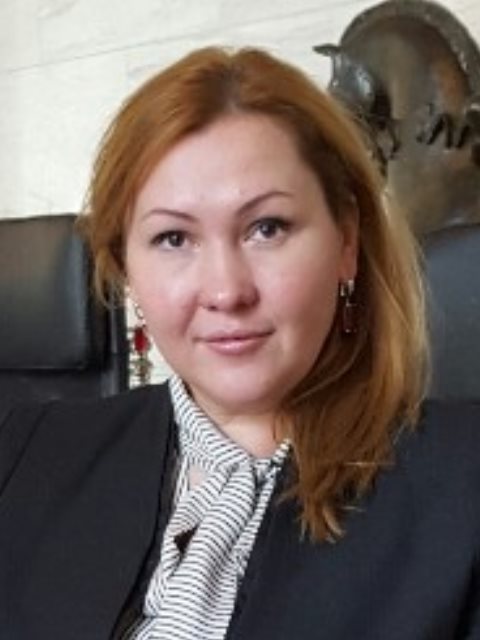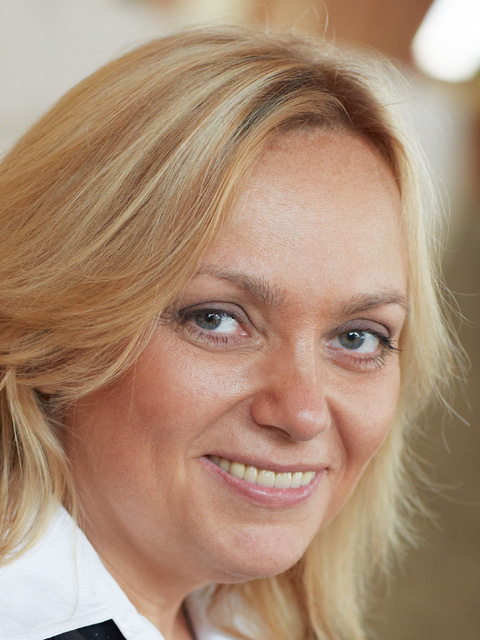The Post-COVID World and the Sharing Economy
It was only recently that the collective model of consumption known as the sharing economy saw a huge growth in popularity. Sharing was a key trend before the pandemic – has COVID-19 brought an end to this phenomenon? There are already several thousand platforms for sharing resources operating throughout the world in almost every economic sector, all taking place within a virtual community by way of online platforms and dedicated applications. The sharing economy has taken hold in entire countries and industries, becoming a billion-dollar business, attracting the attention of major corporations and demonstrating phenomenal growth rates. Over the last 6 years, the number of listings on Airbnb has seen more growth that Hilton hotel chain saw in 93 years of operations. What will be the impact of the pandemic on the tourism sector, which has suffered more than any other? Russia is at the epicentre of a number of global trends in the sharing economy which, according to experts, will see annual growth of 10–30% domestically. The main motives for Russian advocates of the sharing economy are the desire to earn more and spend less while maintaining mobility. The sharing economy challenges the existing values of a society built on overconsumption, countering the philosophy of enrichment and undermining the triumph of private property. Another trend can be seen on social networks, which have turned the consumption of information into a shared experience. This can be termed ‘communication sharing’ – we must be online at all times and active in the groups we share with our colleagues and friends. Sharing in the 21st century is a new collective philosophy. These issues will form the basis of discussions at the plenary session of the Woman Leader 2020 international conference. The idea of personal property is losing its attractiveness, but what is the world of sharing that hopes to replace it? How have views on sharing changed during the pandemic? Where will sharing take over, and what will its limits be? What opportunities and challenges can the tool of digitalization bring to sharing? Can the new values of generations Y and Z find a common language? How can sharing be managed and monitored, and what problems does this pose for the state and consumers? Does change begin at the level of the state, the company or the individual? Communication sharing. A permanent presence on social networks and the collective consumption of information. A new collective philosophy, from the individual to the collaborative.
Moderators
Roman Gerasimov,
TV presenter
Elena Dyukareva,
Vice President, Leningrad Regional Chamber of Commerce and Industry
Front row participants
Irina Arkhipova,
Public Affairs and Communications Director, Coca-Cola HBC Russia
Olga Verhovskaya,
Associate Professor, Department of Strategic and International Management, St. Petersburg University Graduate School of Management (GSOM)
Elza Ganeeva,
Deputy Director for Government Relations, Microsoft Russia
Margarita Datskaya,
President, AMI Business School
Elena Kirilenko,
General Director, Keleanz Medical (online)
Natalia Osetrova,
Director General, Regional Resort Gatchina Gardens
Christina Spireva,
Director for Government Relations, Head of Client Service, Wildberries
Olga Uskova,
Founder, President, Cognitive Technologies






